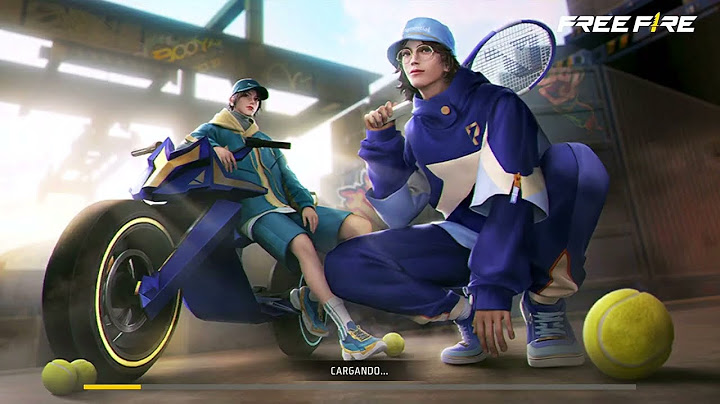While many white South Africans and senior anti-apartheid figures – including Archbishop Desmond Tutu – believed he would continue with Botha’s racist policies when in power, De Klerk, concerned about growing racial violence, including ethnic violence between Xhosa and Zulus encouraged by the state, began moving against the apartheid system. Show Responding to the announcement of De Klerk’s death, the Desmond Tutu Foundation said “the former president occupied an historic but difficult space in South Africa”. After becoming president in 1989, he allowed anti-apartheid protests, removed restrictions on some banned political parties and – like his predecessor – met secretly with Mandela. The turning point came on 2 February 1990, five months after his election, when in a speech to parliament De Klerk announced that Mandela, the imprisoned leader of the African National Congress (ANC), would be released from jail, where he had been for 27 years. The announcement electrified a country that for decades had been scorned and placed under sanctions by much of the world for its brutal system of racial discrimination. The speech marked the official end of segregation policies and the start of the negotiations that led to a constitutional democracy with equal rights for all South Africans. Nine days later, in a historic moment that would reverberate around the globe, Mandela walked free from Victor Verster prison, although De Klerk continued to head South Africa’s white-minority government until 1994, when Mandela’s ANC swept to power in national elections. De Klerk was conscious of the risks involved. “There is an element of uncertainty, obviously, with regard to everything which lies in the future,” he told reporters the day after his speech, and violence would continue throughout the transition period.  After the end of white-minority rule, he served as deputy president until 1996. In later life, De Klerk was overshadowed by the towering figure of Mandela. “Sometimes, Mr De Klerk does not get the credit that he deserves,” Tutu told David Frost in an interview in 2012. The relationship between De Klerk and Mandela, as the former admitted during his Nobel peace prize acceptance speech, could be fractious and was marked by bitter disagreements. Mandela accused De Klerk of allowing the killings of black South Africans during the political transition, while De Klerk said Mandela could be extremely stubborn and unreasonable. While some white South Africans accused De Klerk of “giving the country away”, many black South Africans continued to view him with suspicion and his legacy would remain contested throughout his life, not least over accusations of involvement in state-sponsored atrocities committed on his watch, claims he always denied. “If we had not changed in the manner we did,” De Klerk said in an interview with the Observer 11 years ago, “South Africa would be completely isolated. The majority of people in the world would be intent on overthrowing the government. Our economy would be nonexistent – we would not be exporting a single case of wine and South African planes would not be allowed to land anywhere. Internally, we would have the equivalent of civil war.” South Africa’s FW de Klerk – a life in pictures Read more De Klerk’s judgment on apartheid, too, was softer than many subsequently would have liked, with many inside the country seeing him as a symbol of the failure of white South Africa to acknowledge the full horrors of the system and to bring perpetrators to justice. That was underlined last year in a controversy over a television interview, in which he was seen to be quibbling about whether the crimes of apartheid should be seen as “crimes against humanity”. He later expressed his regret for “the confusion, anger, and hurt” his remarks might have caused. The FW de Klerk Foundation had announced in June that he had been diagnosed with a cancer that affects the lining of the lungs. His death, perhaps inevitably, has been greeted with mixed responses. Julius Malema, the leader of the leftist Economic Freedom Fighters party, who had accused him of being “a murderer” during a visit to the country’s parliament last year, tweeted: “Thank you God,” followed by five dancing emojis. Malema castigated media reports that said De Klerk was a former president of South Africa. “He is a former apartheid president,” said Malema in a tweet. Others on social media said De Klerk should not be accorded a state burial. The former opposition Democratic Alliance party leader Tony Leon tweeted: “Farewell FW de Klerk. Like Mikhail Gorbachev, he reformed the system he inherited in 1990. And if he had not relinquished power in 1994, likely SA would be Syria or Venezuela today.” What changes did FW de Klerk make in 1990?The reforms promised in the speech included the unbanning of the African National Congress (ANC) and other anti-apartheid organisations, the release of political prisoners including Nelson Mandela, the end of the state of emergency, and a moratorium on the death penalty.
Who was responsible for ending apartheid?In 1989, de Klerk lifted the ban on protest marches and ended the racial segregation of public facilities. Previously, parks, beaches, and even benches had been divided according to the color of people's skin. De Klerk and Nelson Mandela agreed to dismantle the apartheid regime.
How was apartheid finally ended?The apartheid system in South Africa was ended through a series of bilateral and multi-party negotiations between 1990 and 1993.
|

Related Posts
Advertising
LATEST NEWS
Advertising
Populer
Advertising
About

Copyright © 2024 SignalDuo Inc.




























